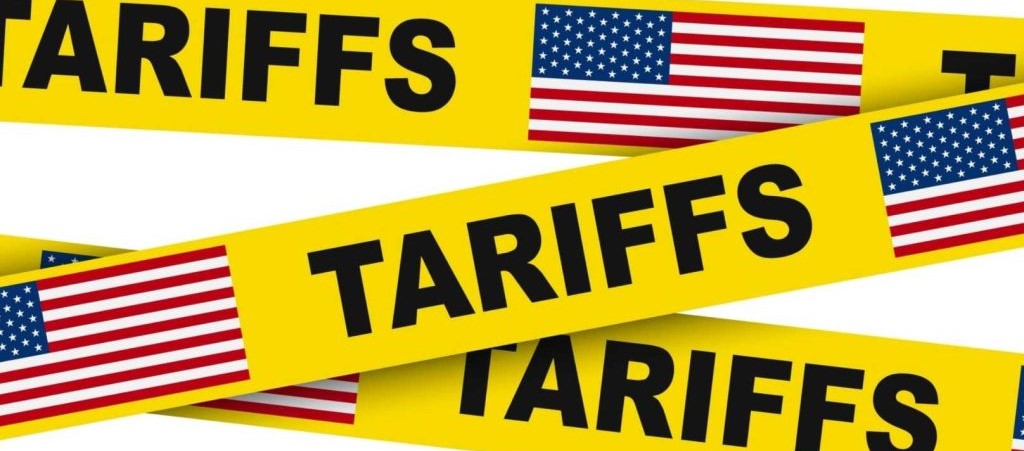
Ethiopian flower exporters are voicing concerns over fresh challenges in the US market, following the imposition of new tariffs by the former Trump administration. The 10 percent levy on Ethiopian goods is beginning to affect exporters who have spent years trying to establish a foothold in the American flower trade.
Miserach Berhanu, who heads the Ethiopian Flower, Vegetable, Fruit, and Herbs Exporters Association, told local media that the added duty is compounding pressure on exporters of fresh-cut flowers. The US already imposes a 3% duty on flower imports, and the new increase is expected to stall the progress Ethiopia has made in this growing market over the past four years.
Previously, Ethiopia’s agricultural exports had benefited from duty-free access to the US under the African Growth and Opportunity Act (AGOA). That changed in 2021 when the Biden administration removed Ethiopia from the program following the eruption of conflict in the country’s northern region.
While the majority of Ethiopia’s flower exports, around two-thirds, still head to the Netherlands, the United States has become a promising secondary market, generating approximately USD 45 million in revenue last year. But with rising prices triggered by the new tariffs, Ethiopian flowers may lose their competitive edge to South American producers such as Ecuador and Colombia. These two countries already benefit from lower freight costs when shipping to North America.
Despite the setbacks, U.S. has not spared other exporters either. Ecuador now faces a 10 percent tariff, and Colombia is subject to a 16.8 percent tariff. Meanwhile, European countries exporting flowers into the US face tariffs as high as 20 percent, significant, considering many Ethiopian flowers reach the US indirectly through Europe.
In response to the tightening conditions, Ethiopian producers are diversifying. Efforts are underway to break into Asian and Middle Eastern markets to bolster revenues and reduce reliance on traditional destinations.
So far this financial year, the Exporters Association has reported 187,000 tons of flowers and vegetables shipped abroad, earning the country USD 367 million. That figure is a slight improvement, USD six million more, than the same period last year. Still, exporters point to lingering issues affecting production, particularly in terms of security.
The ongoing unrest in regions such as Amhara, home to flowergrowing hubs like Bahir Dar, has forced several producers to cease operations or leave the country entirely due to safety concerns.
On the government side, officials have taken a measured stance. During a recent visit to Vietnam, Prime Minister Abiy Ahmed described the tariffs imposed by the US as relatively mild compared to those targeting other nations. He suggested that this could ultimately position Ethiopia more favorably in the long run, attracting greater foreign investment.
